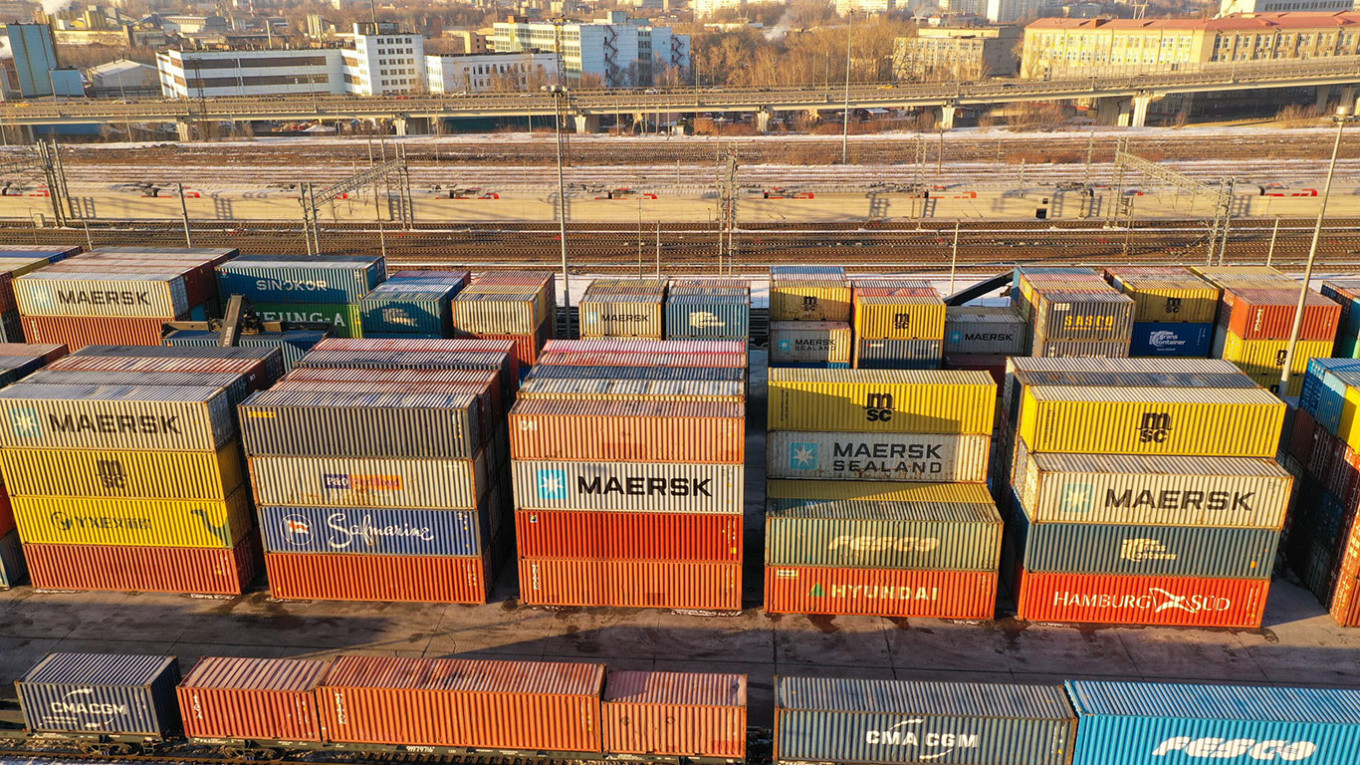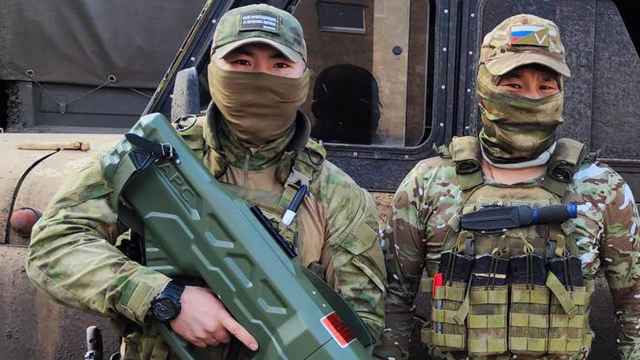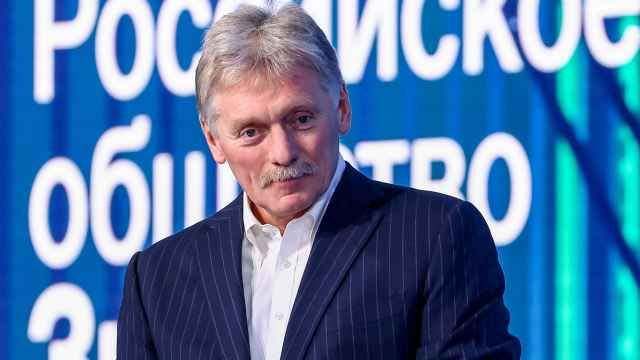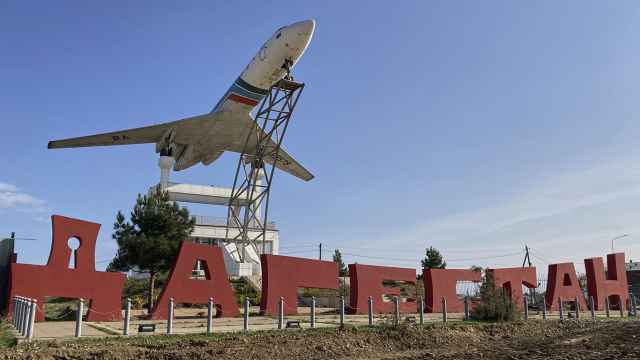The new Western sanctions on Russia in response to its invasion of Ukraine are unprecedented in three ways. First, no great power has ever been subject to measures so severe and so rapidly applied. Second, the sanctioning coalition is extremely broad: the entire transatlantic community is in lockstep, and several Asian countries support export controls. But the third feature may prove the most significant. Western companies are imposing their own boycott of Russia that adds private sanctions to state ones. This has major implications for the future of political risk – the ways that collective state or social power hinder market production and exchange.
Since the war began, dozens of companies across multiple sectors have announced they will leave Russia or suspend business there. They include transport companies such as Maersk and RailBridgeCargo, credit card companies such as Visa, Mastercard and American Express, software providers such as Microsoft and Oracle, and consumer goods firms such as McDonalds, Pepsico and Unilever. Even energy giants such as BP, Shell and Equinor, with multi-billion-dollar investments in Russia, are leaving the country, not merely suspending their business there. The stated reasons are typically not commercial – sanctions compliance, fear of retaliatory expropriation or other business risks – but ethical. As McDonalds’ CEO Chris Kempczinski put it, ‘our values mean we cannot ignore the needless human suffering unfolding in Ukraine.’ Many other companies have made similar statements, and gone further in providing financial aid for Ukraine.
New phase in the transformation of political risk
This marks a sea change. In the past, companies did little more than comply with sanctions policy, while quietly lobbying against it. Now they are voluntarily and loudly reinforcing. This reflects a remarkable outpouring of popular support for Ukraine. Such unity across Western societies and firms, as well as states, is without precedent. Twice before, in the late 1940s and late 1970s, a growing Soviet threat to the Atlantic alliance provoked a countervailing build-up of political and military strength. Both were controversial. Large European communist parties opposed the first one and the peace movement the second. But with the exception of the Chelsea football club fans who still sing about Roman Abramovich, calls to impose economic pressure on Russia enjoy universal support.
But in the context of wider trends, this corporate boycott is less a novelty than the latest phase in the transformation of political risk. Over the past three decades, traditional sovereign risks – war, expropriation, taxation and regulation – have fluctuated. But new political risks, driven by civil society rather than state power, have exploded as public opinions have held corporate behaviour to ever-higher ethical standards. Activists have refined market-based mechanisms of ‘civic regulation’ to give moral suasion a commercial edge: consumer boycotts hurt sales revenue, disinvestment lowers the share price and makes it harder to raise capital, and employee dissent threatens the supply and morale of skilled labour.
Companies now work in a complex, sometimes bewildering, political environment. CEOs who once shunned public politics now take a stand on divisive domestic issues such as racial equality, gun control and gender-neutral bathrooms – and may be pressured to do so if they do not. Demands for ethical responsibility have been codified into an environmental, social and governance (ESG) agenda whose demands are escalating and spreading rapidly.
Civic regulation holds corporate behaviour to account abroad as well as at home. This has typically focused on product safety (Nestlé’s marketing of infant formula prompted the first modern consumer boycott), worker welfare (the campaign against Nike’s factories set a new standard for activism), and environmental harm. Civic pressure on companies to withdraw entirely from a country has been rare: the standout case was the campaign against Barclays in apartheid South Africa. But companies began to leave Russia within days of Putin launching war, and before a concerted public campaign to pressure them had taken off. State power, civic activism and corporate responses have joined forces in hybrid economic warfare. The result is a potent mix of geopolitics and ESG, with a dash of Twitterstorm.
Weighing the commercial costs of virtue
Three implications follow. Firstly, the voluntary corporate boycott of Russia will drastically deepen Russia’s isolation and impose further strain on its economy and society. There are few, if any, substitutes for many of the goods and, especially, services that Western companies have provided. While Russia demands recognition as a great power, its economy remains highly dependent on its adversaries – which, for the first time, now include companies as well as states. For two decades, Putin’s Russia calibrated its interdependence with the West to induce restraint in state responses to Russian assertiveness. The war against Ukraine has turned this on its head: Western corporate behaviour now amplifies, rather than moderates, government policy.
Secondly, this raises questions for companies that continue to do business with Russia. Company, and even sectoral, responses vary. Banking, in particular, has been slower to respond, and is more likely to explain withdrawal from Russia in terms of legal compliance rather than ethical commitment. Geography matters too. Major non-Western states have joined the sanctions coalition against Russia (especially in enforcing export controls), but few non-Western companies are boycotting it. This does not particularly help Russia – there are few attractive alternative suppliers for many of the goods and services that Western companies will no longer provide. But it highlights the larger point that civic regulation is still a largely Western phenomenon.
Thirdly, this raises the bar for future responses to unacceptable state conduct. Corporate rejection of Putin’s Russia contrasts starkly with obeisance to China, which has repeatedly compelled companies to change policies and issue apologies for maps or statements they have published on Taiwan, Hong Kong and Xinjiang. But since China is a far more significant market and investment partner, the commercial costs of virtue will be higher. How will Western companies react if, for example Beijing invades Taiwan? The new corporate geopolitical activism is a striking development, but will face sterner tests.
Lengthened chains of ethical responsibility
But the war in Ukraine could itself provoke, not just presage, such a test. If China supports Russia’s war effort – for example, by providing arms or finance – then not only may Western governments respond punitively but companies, too, may feel social pressure to follow suit. This would accelerate an economic decoupling that many of them have sought until now to limit. If civic regulation demands that any complicity in Russia’s actions be held to account, ethical chains of responsibility will lengthen accordingly and bring critical scrutiny onto other actors. As the ESG agenda escalates, the limits of civic regulation become ever-less clear. In this respect, too, Russia’s war in Ukraine may prove a geopolitical case study in unpredictable and rising political risks.
This article was first published by the International Institute of Strategic Studies.
A Message from The Moscow Times:
Dear readers,
We are facing unprecedented challenges. Russia's Prosecutor General's Office has designated The Moscow Times as an "undesirable" organization, criminalizing our work and putting our staff at risk of prosecution. This follows our earlier unjust labeling as a "foreign agent."
These actions are direct attempts to silence independent journalism in Russia. The authorities claim our work "discredits the decisions of the Russian leadership." We see things differently: we strive to provide accurate, unbiased reporting on Russia.
We, the journalists of The Moscow Times, refuse to be silenced. But to continue our work, we need your help.
Your support, no matter how small, makes a world of difference. If you can, please support us monthly starting from just $2. It's quick to set up, and every contribution makes a significant impact.
By supporting The Moscow Times, you're defending open, independent journalism in the face of repression. Thank you for standing with us.
Remind me later.








